
Brian's Run Pod
Welcome to Brian's Run Pod, the podcast where we lace up our running shoes and explore the exhilarating world of running. Whether you're a seasoned marathoner, a casual jogger, or just thinking about taking your first stride, this podcast is your ultimate companion on your running journey.
Join us as we dive deep into the sport of running, covering everything from training tips and race strategies to personal stories and inspiring interviews with runners from all walks of life. Whether you're looking to improve your race times, stay motivated, or simply enjoy the therapeutic rhythm of running, Brian's Run Pod has something for every runner.
Brian's Run Pod
Unlock Your Running Potential with Jules
Use Left/Right to seek, Home/End to jump to start or end. Hold shift to jump forward or backward.
What if the key to unlocking your full potential as a runner lies in understanding your unique journey and having the right support? Join us on Brian's RunPod as we welcome Jules, the dynamic founder of RunningRewire. Jules shares her inspiring story of transformation from a non-athletic schoolgirl to a passionate runner and certified coach. Listen in as she reflects on the pivotal moments and support systems that fueled her love for fitness and running, and how she now empowers women, especially those navigating menopause, through tailored coaching and strength training.
In our conversation, Jules emphasizes the transformative power of having a dedicated running coach. She opens up about her journey from casual runner to UK Athletics certified professional, shedding light on the importance of structured guidance and long-term coaching relationships. Plus, get inspired by the "Run Some" campaign's mission to promote running as an eco-friendly mode of active travel. This episode is packed with valuable lessons and practical tips for runners at all levels.
RunningRewire
Brian's Run Pod has become interactive with the audience. If you look at the top of the Episode description tap on "Send us a Text Message". You can tell me what you think of the episode or alternatively what you would like covered. If your lucky I might even read them out on the podcast.
Instagram
So you're thinking about running but not sure how to take the first step. My name is Brian Patterson and I'm here to help. Welcome to Brian's edition of Brian's RunPod. Today, we're joined by Jules, the founder of Running Rewire, a coaching platform aimed at helping runners rethink their approach to training and mindset. Jules brings a wealth of experience as a certified UK athletics coach, running technique coach, qualified personal trainer and a pre and postnatal exercise and nutrition specialist. With over 25 years of running experience and a passion for empowering women through menopause, jules is here to share insights and strategies for running smarter. Welcome to the podcast, jules. I did the same for Dominic as well. What a welcome.
Speaker 2:Thank you for having me that was most unexpected. Thank you, Brian. Thank you very much.
Speaker 1:As I do with a lot of my guests. Then I sort of go right to the beginning and sort of like you know what was your experience of running, you know, growing up at school well, funnily enough, I wasn't particularly sporty at school.
Speaker 2:Maybe that's not the best way to start the podcast yeah but no, I was very much the sort of person that was shying away from physical activity, perhaps sort of the last to get picked on the netball team type person Didn't really get into it until sort of my later teen years, although I do have an early memory of winning a race. It's actually the only race I've ever won outright in my life, when I was about five years old. I've won a few age category positions since then, but the only race I've ever won was when I was five. So I can't exactly call myself an elite athlete but, yeah, very much into running.
Speaker 1:I mean, did your school encourage it? I mean, was it you know? Was it kind of? You know how you get some schools which are kind of more academic?
Speaker 2:Not particularly. They were more about the team sports. For sure, you know, the only sort of shot at you know proving yourself was sort of you know sports school days of you know sports school days, you know race sports days, and yeah, just, I was never sort of encouraged to to try that hard, to be honest, so that wasn't really a thing for me. Um, I was more into badminton as a young teenager all right.
Speaker 2:so that was my thing. I joined a badminton club outside of school and did quite well at that. And yeah, like I said, I didn't really get into fitness for myself, rather than doing it in a school context, until I was in my later teens, and then that was more sort of gym-focused. I got a bit more interested in wanting to look after my health and well-being and perhaps wanting to look a certain way, and, yes, I joined a gym. I actually remember that my first experience of a gym was going on the step machine.
Speaker 1:Oh yeah.
Speaker 2:I pushed myself quite hard and had to go outside and take a few deep breaths, so it wasn't the natural. Let's just put it that way.
Speaker 1:Was there anyone? I mean like for me at school there was a somebody, a guy, a gym teacher, who really encouraged us. But was there anybody at school for you or even those you know on leaving school? Was there anyone who was there who was kind of like you know, someone like a mentor, as it were?
Speaker 2:I, I think, because I wasn't into the team sports then, not not quite so much. Like I said, you know, when I when I got into badminton I can't quite remember the reason that I got into badminton, to be honest, but the coaches there were hugely supportive, but that, you know, that was outside of school. I didn't, you know, I didn't particularly go to a school where they encouraged individuals. It was definitely more about the team sports and at the time that's not something that I was into.
Speaker 1:Right, right, okay, all right. Well, moving on. So Jules has now started. You started at the gym and whatever, so what made you sort of suddenly get into running?
Speaker 2:Well, I think initially I just started running to the gym. Ah, okay as a means of getting from A to B. And then I would just run just for fun, just for enjoyment, just again just a way of an easy way of keeping fit and getting that cardio in, and at the time I thought a cheaper way of doing so Turns out running is not quite so cheap as you think it is, that's true, yeah.
Speaker 1:That's very true, yeah.
Speaker 2:But yeah, that's how it all started. And then when I got a little bit older, I noticed a few of my friends taking part in events, marathons in particular, and I just thought you know, if they can do it, then I absolutely can do it as well. So a very close family friend of ours did the london marathon probably about 15 years ago now, something like that and I remember going and supporting and and just loving the whole atmosphere it was.
Speaker 2:It was very different then because obviously you didn't have the gps tracking and it was oh yes it's a bit exhausting looking out for runners, as it was, as it was running, I think oh yeah, you, yeah, you couldn't share your location, then I know, I know. It's changed a lot, hasn't it? And then my partner at the time decided that he would do the same and he entered London Marathon and I saw him going from very little physical activity to really putting his heart and soul into training for it, really putting his heart and soul into training for it, and I understood the, the, the, you know, the the sort of duty of, as a partner, to allow him to do that, because it was very time consuming.
Speaker 2:You know, anyone that's trained for a marathon will know that it's very time consuming and you do need that support of your partner, I think, to make the whole thing work. So I supported him through that and obviously went to cheer him along on the day and again just thought well, now I've seen two people do these things and I'm definitely going to do it. So my first race that I entered was a 10K. It was just probably it wasn't that long ago really. It was just over eight years ago that I actually seriously got into doing events rather than just running for the love of running. So eight years ago just over, entered my first 10K. I didn't really have a plan. I didn't really have a plan. I didn't follow a plan, that's for sure. I think my only goal was just I wanted to definitely finish in under an hour. That's the sort of expectation that I put myself, not knowing because I'd never sort of done that before and I, you know, I loved it. I actually finished in 52 minutes, so well under the hour.
Speaker 1:It's pretty good. That's not bad for your first time.
Speaker 2:Yeah, and I just thought actually I really enjoyed that. That so so sort of got hooked from from then on and started to enter a few more things and then obviously the natural progression having seen two of my friends do do marathons was to was to follow down that path and and prove that I could do that as well. I think that's what it was. It was just a challenge and proving to myself that I could step out of my comfort zone and achieve that. Because when I, when I went to support them at the time, I was thinking, oh my goodness, I'd never be able to do that.
Speaker 1:Did you like the process of training for a particular goal? Did you? Did you like that part of it as well, or was it just just the? You know the entering of the event.
Speaker 2:Yes, I think by that point I'd obviously started to take running a bit more seriously. So I I did have a plan rather than just wing it like I did in my first 10k. Uh, so the the first marathon I did was to raise money for jdrf juvenile diabetes and that was because some very close friends of ours they're two boys who have been really close friends with at our school have type 1 diabetes. So I did it for them. So it was something very close to my heart. So that was a big motivation for wanting to do it and wanting to do it well.
Speaker 2:So I did my first one for JDRF and, although it was nice to have that support from the charity, I kind of felt like I was left to my own devices With a training plan. You could just print off the internet and there you go, here's what you need to do. So it was a great learning experience, for sure. You could just print off the internet and there you go, here's what you need to do. Yeah, you go. So it was. It was. It was a great learning experience, for sure. No-transcript, four hours, 19 or something like that right and I was.
Speaker 2:You know I was delighted I completed my first marathon. It was all for a good cause, I had friends there to support me and and it was. It was a joyous occasion and then I obviously the competitive side of me just wanted more, I think. I think that's how my running journey has progressed.
Speaker 1:I've always been quite competitive with myself and wanted to see what else is possible do you think that's quite a good way of sort of you know, for if you were giving advice on, with no doubt get onto it later, but you know, touch on it. I mean in terms of, let's say, someone who is starting out, then just to have kind of no expectations and then because you, you will, you know if you want to do it more often, is just to have kind of no expectations and then because you, you will, you know if you want to do it more often, is just to set your goals you know, realistic goals yes, yeah, I mean obviously everyone's different.
Speaker 2:Some, some people are quite happy just going out and doing the thing that they love and with no expectation. Other people, who maybe thrive off that challenge side of things, will will yeah, will definitely benefit from, from looking at future goals and working towards them, and that can have a massive impact on training and be a massive benefit, you know, to help us stick with training and to help us to push that little bit harder and and see what's possible because I know, I mean, I've never done a marathon, I'm just speaking to people, you know, through the podcast.
Speaker 1:It seems to be that, you know, the three hours is kind of the seems to be that that the time that us mere mortals are kind of aiming for, as it were, it's, it's not the, that it's kind of our equivalent of the chip chogie, two hours, as it were, sort of thing.
Speaker 2:It does have an awful lot to do with as well whether you are male or female, because the three-hour oh right, yes, yeah, males do tend to be naturally stronger. I have to say I'm faster. Yeah yeah, males do tend to be naturally stronger.
Speaker 1:I have to say I'm faster, so so from there. Then, what sort of prompted you to to try and to get into into the sort of, into the coaching side, or doing you know personal training?
Speaker 2:well, after that first marathon and wanting to see if I could improve, I then realized that it was not all about running and all about performance. It was. I realized the reason I got into running in the first place was probably because I was at quite a low point in my life.
Speaker 1:Okay.
Speaker 2:Huge struggles in my personal life and, yeah, I didn't realize it at the time but looking back, that does coincide with the time that I entered that first ever 10K. So, finding a focus, finding a reason to do something. Then, when I entered my second marathon, I chose to raise money for MIND mental health charity because I wanted to. I just wanted to support those that had've become very close with lots of the community that I met through that charity. So I'm very grateful to them. But it was when I did sign up to the second marathon. It was when I decided myself to get the coach and he helped me, you know, massively to get some routine, get some structure, to understand the ways of progressing.
Speaker 2:Before I was going through things a little bit clueless and, like I said, just looking at something off the internet and hoping for the best really. So I got myself a coach and then, having worked with him for a few years, I thought this is actually something that I would love to do, that I think I could be good at, and I just wanted to be able to help other people in a similar situation to me to strive for those goals, to better themselves, to be the best that they could be to be the best that they could be. So that's why I first of all decided to train to be a PT, and it was quite soon that I realized, having got my PT qualifications, that the group of people that I wanted to work with were in fact runners. I wanted to help them with their strength training so that they could improve their running performance, so they could reduce the risk of injury, and those runners mostly turned out to be female athletes, which is the group that I work with most now.
Speaker 1:So it wasn't a conscious decision that you gravitated towards women. It just so happened.
Speaker 2:It worked out that way well I mean, I think for me it helps to understand what the athlete is is going through. So so for me, in particular, the the the main group of people that I work with, are women who are of my age, who are wanting to achieve a similar thing that I have. You know, I think, I think it's important when choosing any sort of coach that they're on the same page as you, so they've either done something that you want to achieve or have helped others to achieve what you want to achieve. So you've got to work with the right sort of people, and you know, and that works both ways the empathy yeah, yeah, yeah, yeah, there's no point.
Speaker 2:You know, you know I I have the coach myself now, you know, still to this day, not the same one as I had then. I have a different coach now, but it's it's really important that you you do find that person that you're going to gel with and that you know can help you get from where you are now to where you want to be.
Speaker 1:Is there one thing that with your first coach that sort of was the key? I don't know if there's one particular thing is, you know, like maybe sometimes it might be not set your objectives too high or focus on a particular thing. You know, is there only one, just one thing, that that particular coach might have.
Speaker 2:I think with my first coach it was a learning process for me because I'd never had a running coach before. I definitely had a PT before and for me, getting a running coach was learning to understand that just in the same way as you have a PT. Understand that just in the same way as you have a PT.
Speaker 2:Yeah, which you know you people normally have on an ongoing yeah, so you don't just get a PT for 12 weeks and then go all right, see you later. So it was. It was what I got from him. It was. It was was sort of consistency and the importance of consistency and looking at looking at running as a long-term project and setting yourself future goals and not just being a sort of one-and-done marathon type person. That's not the person I wanted to be, so it helped me realize that to see progress, you're in it for the long term.
Speaker 1:So it's a different relationship compared to, let say, a pt, isn't it?
Speaker 2:it's very much a difference well it is, but that's what I mean, that it shouldn't need to be so people. People do see pt as a long-term, ongoing thing and I think that's the way I would like. I would hope that people would see a running coach, that it's a very much a relationship, an ongoing relationship, and you go through the ups and downs. It's not necessarily just training for a race and then stopping. It's training for a race, achieving your goal, then working through the sort of downtime and what you do in that interim and saying about goal setting for the next time and it's it's.
Speaker 1:It's a very long-term project so you, you did your pt qualifications. Then did you sort of soon after go to to, I know, become uk athletic certified, or was that something? That was you know, you said oh yeah so that that, that's that's what you know.
Speaker 2:When I realized the sort of the, the group of people that I was wanting to work with, then the natural progression was to help them even further. So not only being able to help them with their strength and conditioning, but also, obviously, their, their training program. So that's when I decided to become uk athletics.
Speaker 1:You have to go through a lead leader in coaching fitness first, and then you do coach in running fitness do you think people make yeah, I suppose is one of the mistakes early runners make is that they don't focus on their conditioning when they think it's all about the running.
Speaker 2:It's a mistake that lots of runners make in the early days. Obviously, if running is your main love, then you're far more likely to not miss a run. You're far more likely to skip a strength and conditioning session. That's not your main love, but, yeah, it does play a vital role in the whole big jigsaw of run training, not only to reduce your risk of injury, which is one of the major things, but if you're looking to achieve certain goals and wanting to progress, wanting to get faster, then strength and conditioning work is going to enable you to do that. It's literally going to give you stronger muscles to be able to run faster.
Speaker 2:And I think a lot of people might shy away from strength training, thinking it's, you know, pumping iron down the gym type stuff. So it does have to be running specific. If you are wanting to to incorporate strength training which you should into your run training. They're making it running specific in order to, you know, to complement your running rather than yeah, you know having an adverse effect on it. So you're not going to be bulking up. You're going to be working on strengthening those muscles that are supporting the bigger muscles that you're using and working, supporting the joints and giving you a stronger core to enable you to have better running form and all that kind of stuff. So it's looking at it as a bigger picture and realizing that strength and conditioning is your friend and not something that's just a chore that you feel like you have to do.
Speaker 1:I know, when I interviewed last year Stuart Hayes, who was in the triathlon Olympic team in 2012, he said he wished in his early triathlon career that he had much better focus on strength and conditioning. You know, because he's doing a multi-sport event, so you know, and that would have.
Speaker 2:He reckons that that would have, definitely would have helped him a lot, but yeah, yeah, yeah, absolutely I think those those runners that are currently not including strength and conditioning.
Speaker 1:You know what you have to do well as one who's overcome getting over an injury policemen's heel, I know I I know it's something that I'm I'm guilty of as well, so you're not alone, brian now tell me a little bit more about the ransom campaign. What, what? What's that involved?
Speaker 2:So that was set up in 2021. So kind of right in the midst of the COVID pandemic, which is not the reason why it was set up. It was set up to encourage people to see running as a form of active travel. So walking and cycling are often the big ones that are seen as active travel, but people don't necessarily think running and there may be several reasons behind that. I guess it may be not as practical. If you're running to work, you don't particularly want to arrive all sweaty, for example, so you know there are sort of several barriers to it. But it was encouraging people to just see it as a form of getting from A to B without the need to jump in the car. So there were several running mayors we were called, or we are called that were nominated and picked throughout the country.
Speaker 2:I think there were about 100 of us and the idea is for us to encourage our local community just to just to run hashtag run some of those okay, okay everyday errands, um, and in doing so, posting on social media about it, doing the hashtag run some, spreading the words in that way, and also just to try and get the government to actually realize that running is a valid form of active travel and for it to get the same funding as walking and cycling for sort of local initiatives to get more people involved in the sport, to get more people active, yeah, because at the end of the day, you know if you're, if you're running more of your journeys, you're going to be, you know, improving your physical health, your mental health, yeah, and obviously helping the environment at the same time by not jumping in the car. So that's the idea behind Run Some and, yeah, I've just been actively promoting that for the last few years. It's been great.
Podcasts we love
Check out these other fine podcasts recommended by us, not an algorithm.
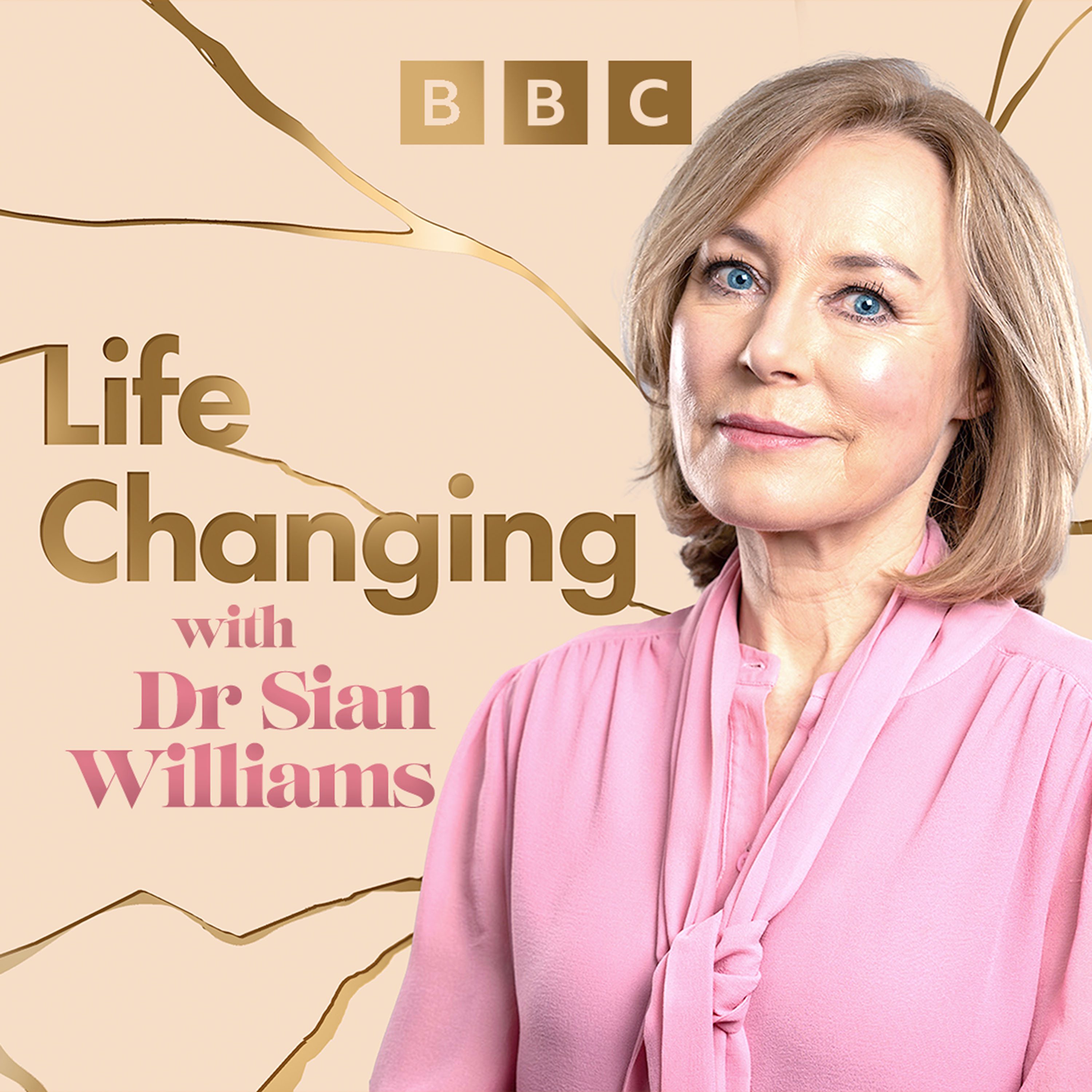
Life Changing
BBC Radio 4
Tech Life
BBC World Service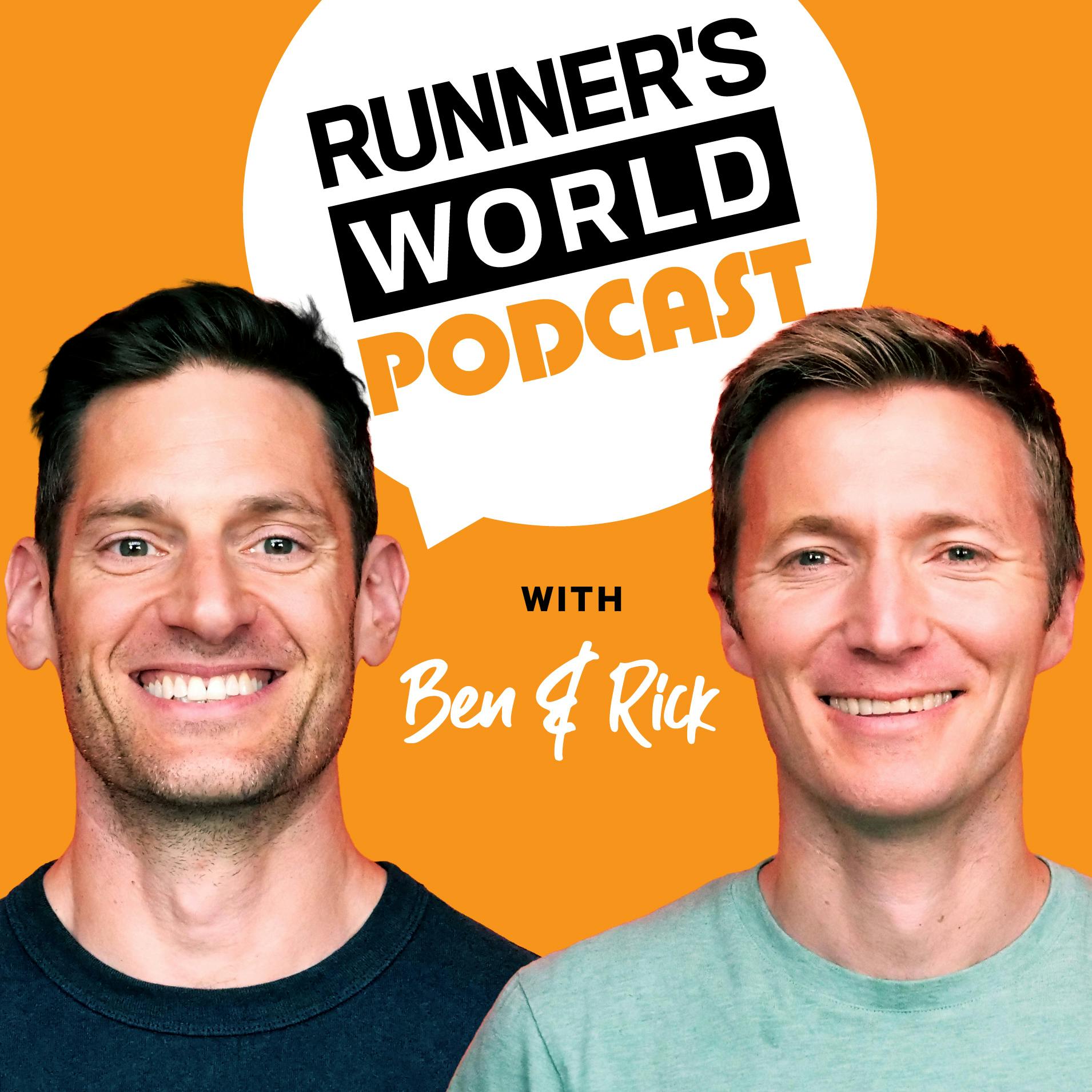
Runner's World Podcast
Runner's World UK
Buzzcast
Buzzsprout
Newscast
BBC News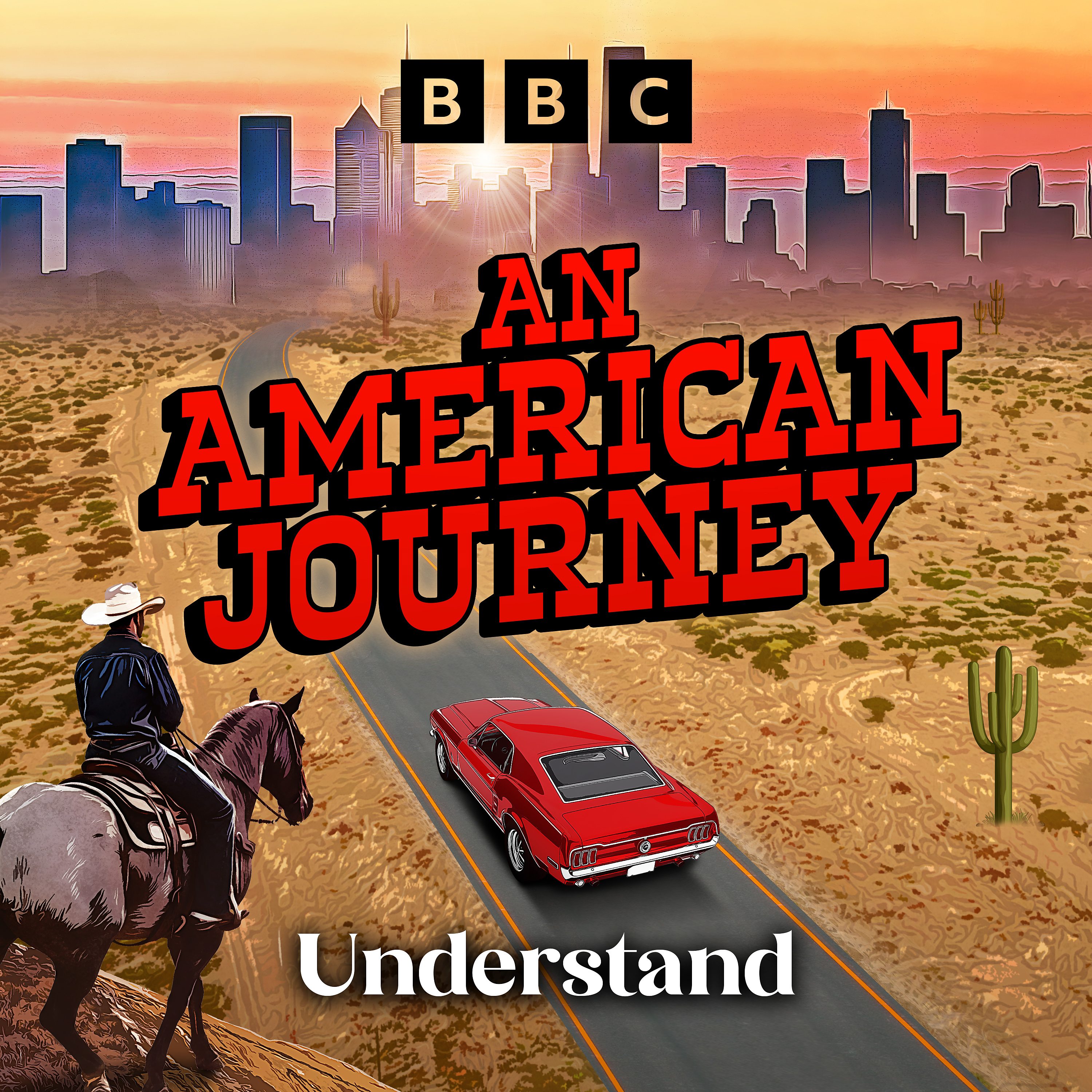
Understand
BBC Radio 4
Cyber Hack
BBC World Service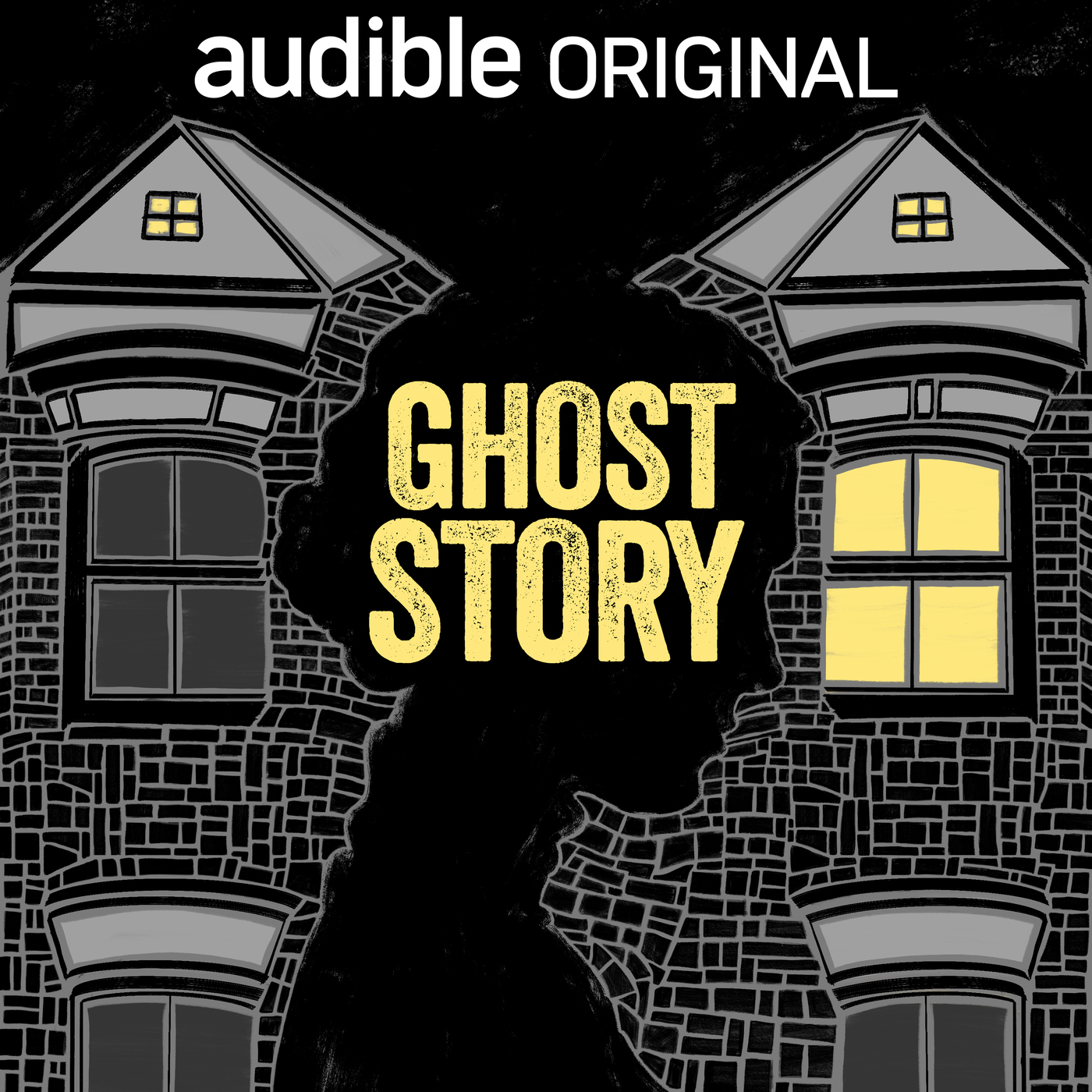
Ghost Story
Audible| Pineapple Street StudiosDiz Runs Radio: Running, Life, & Everything In Between
Join Denny Krahe, AKA Diz, as he talks with a variety of runners about running, life, and everything in between.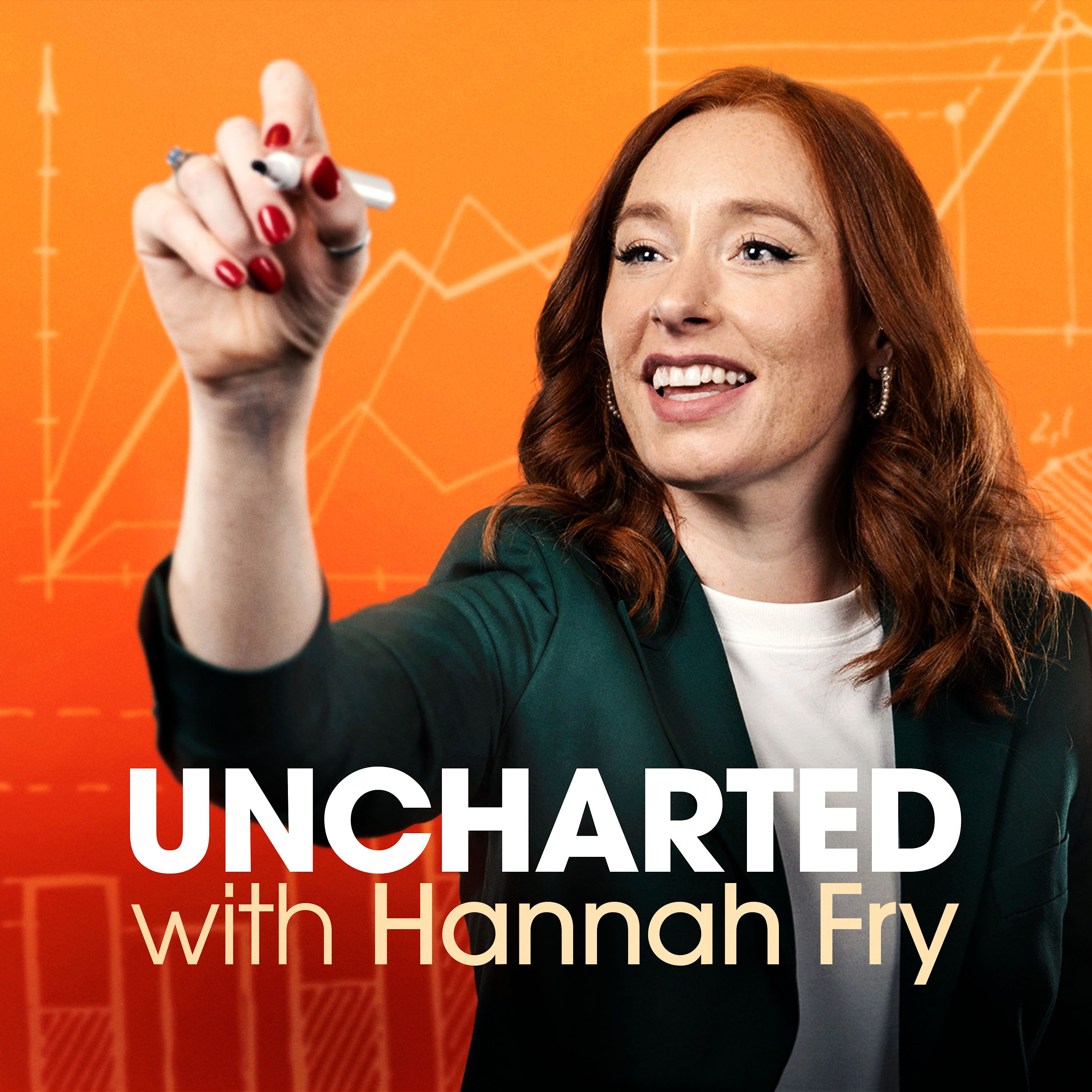
Uncharted with Hannah Fry
BBC Radio 4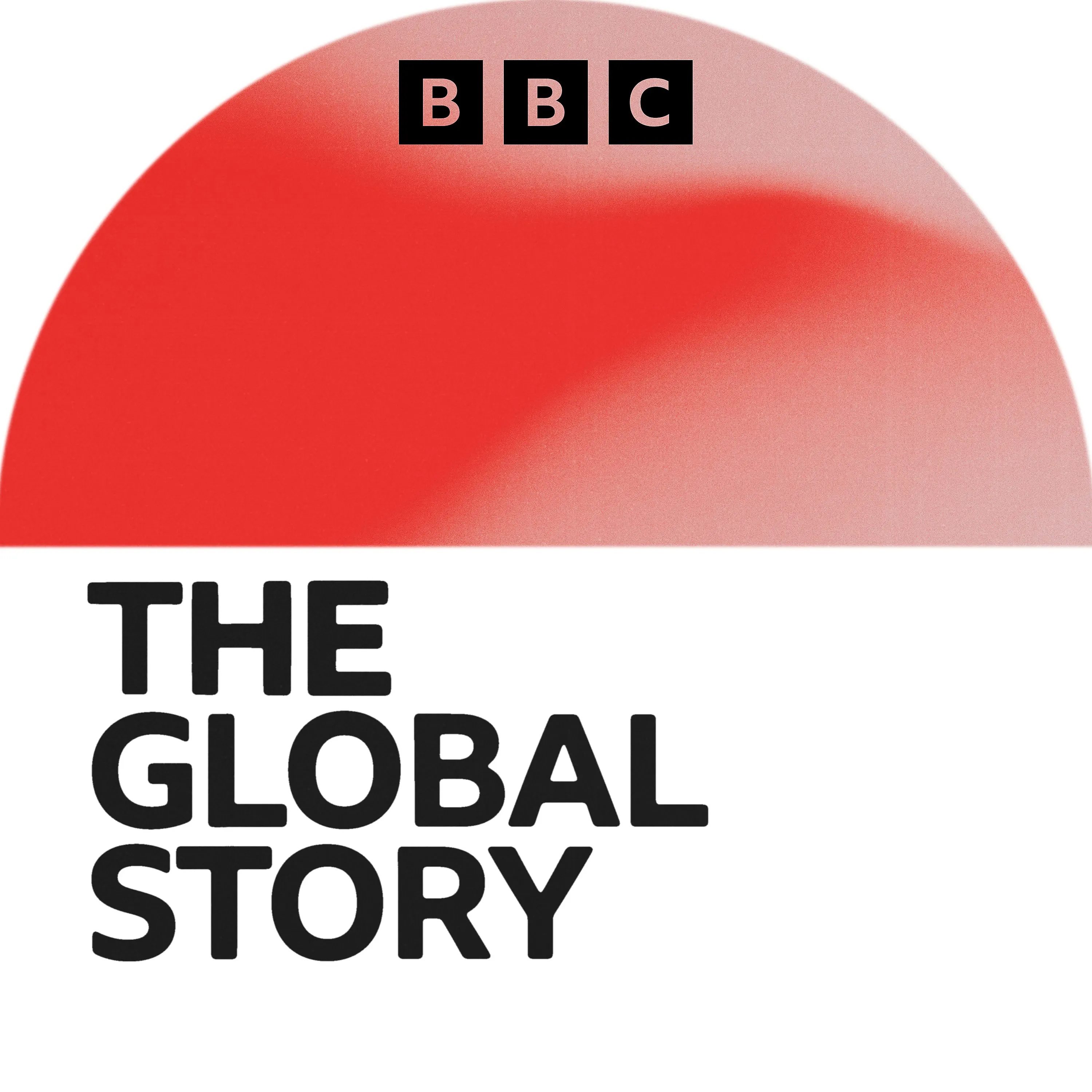
The Global Story
BBC World Service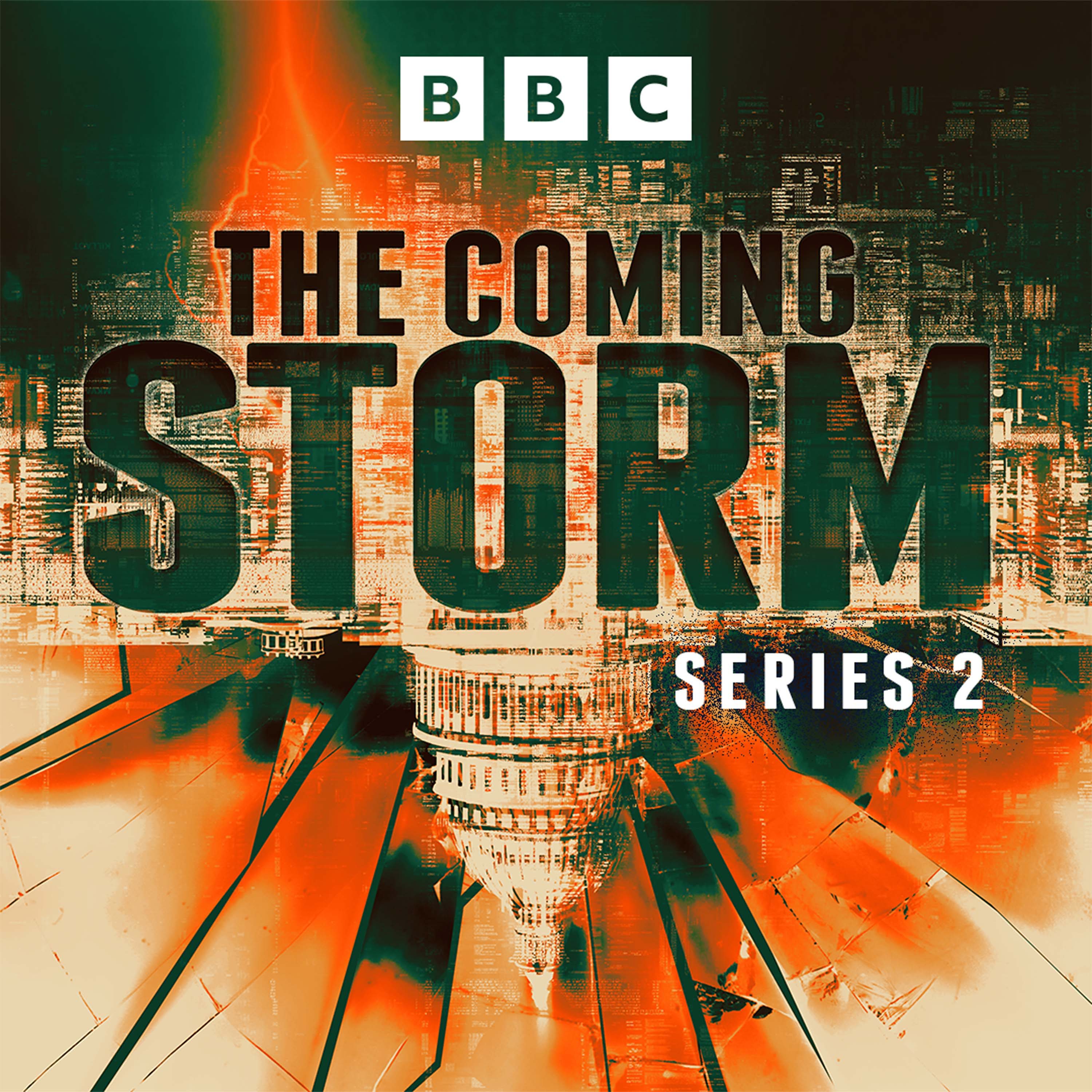
The Coming Storm
BBC Radio 4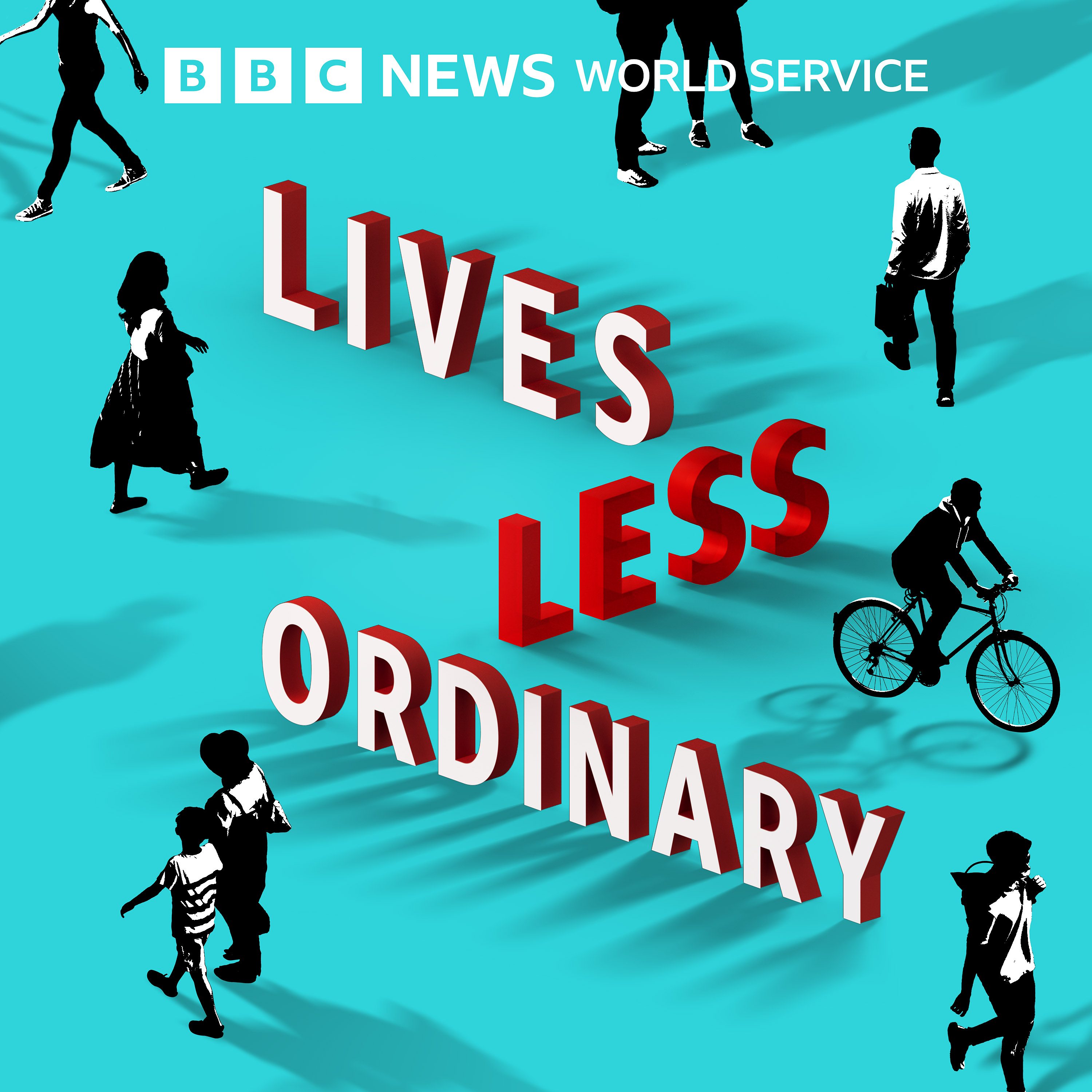
Lives Less Ordinary
BBC World Service
Do Epic Shit Today Podcast
Hannah Mulhern
The Rest Is History
Goalhanger
